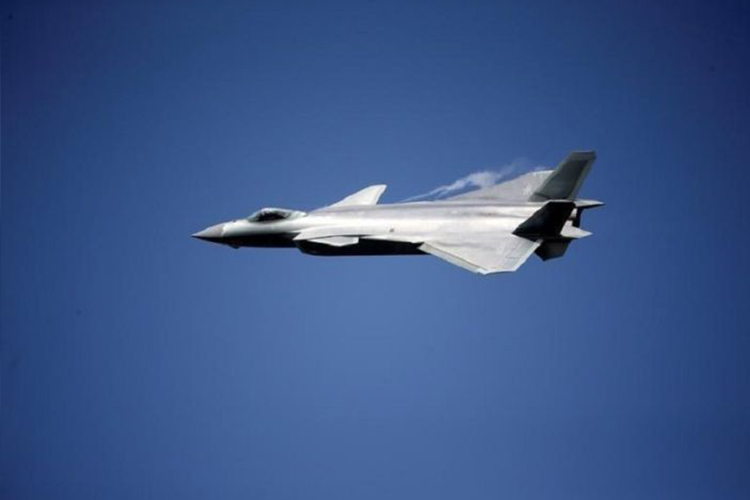China Accused of Stealing US Military Technology for J-20 Stealth Fighter Jet

China has been accused of stealing military technology from the United States (US) to build its J-20 stealth fighter jet. This accusation was made in a recent Fox News Digital report that cited American military experts. According to these experts, Washington needs to take more steps to protect its weapons information and prevent Beijing from making such significant advancements in the future.
Former Acting Undersecretary of Defense for Policy James Anderson told Fox News Digital, “What we do know is that because of espionage efforts, the [Chinese] J-20 is more sophisticated than it needs to be, and that’s the sticking point here. They’ve made a fortune off their heist over the years. They’ve put it to good use, and they’ve produced a state-of-the-art fifth-generation fighter.”
Beijing began developing the J-20 stealth fighter for the People’s Liberation Army Air Force in 2008, with the aim of creating a fighter that could compete with American warplanes. The J-20 made its first flight in 2011 and entered service in 2017.
However, American media reports as far back as 2015 noted similarities in technology and capabilities between Chinese and US fighter jets. An Associated Press report suggests that some of the technology used in the J-20 may have come from the US itself. This suggests that China is starting to bridge the technological divide with the United States, due to its continued theft of intellectual property. This development is attracting renewed attention amid strained relations between Beijing and Washington.
The appearance of the J-20 fighter jets is also raising concerns about China’s intentions for self-ruled Taiwan, where an invasion could draw the US into a military conflict.
According to Anderson, China uses a range of espionage techniques, ranging from “ancient” and “low-tech” methods such as using spies and “honey traps,” and bribery to recruit contractors, university academics, and American government officials, to more sophisticated methods such as cyber hacking to steal critical military information.
“Unfortunately, they have succeeded there,” Anderson said, pointing out that Beijing spent more than a decade, repeatedly chasing data on the Joint Strike Fighter for use in the design and construction of the J-20. “This saves China time and money. As a result, we ended up subsidizing part of their research and development budget because they managed to steal some of our secrets,” said Anderson. “Ultimately, this puts our men and women at even greater risk on the battlefield.”
Matt McInnis, a senior fellow for the China program at the Institute for the Study of War, said the desire to understand more advanced jet engines in the West had been an important component of Chinese espionage. McInnis said, “As someone who has been watching China for a long time, it’s always been a joke… will China be able to produce their jet engines? So they can slowly become more self-sufficient in creating jet engines for their more advanced planes.”
China has yet to comment on the allegations of theft of US military technology.




